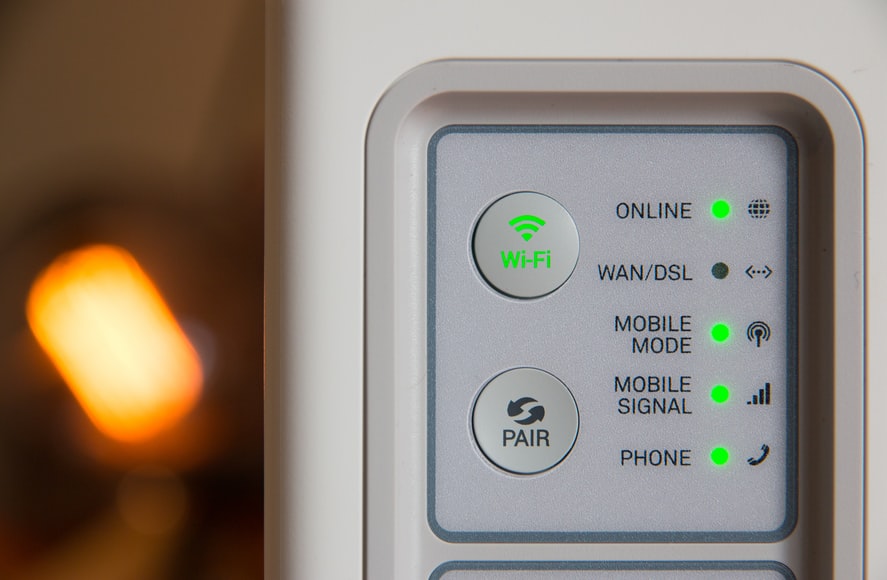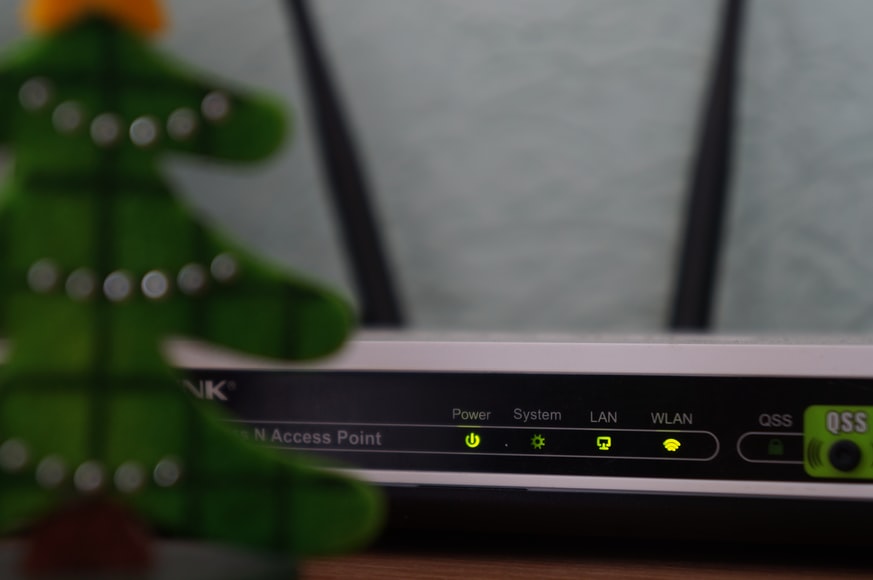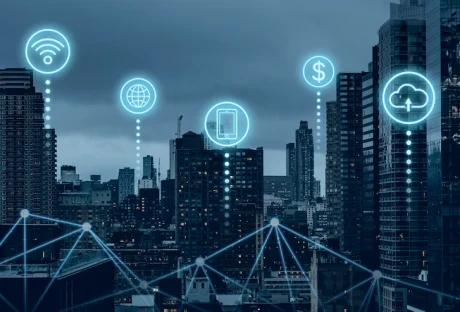Every internet user or cyber citizen out there aims to avoid WiFi Security utter and complete ignorance and even mediocrity. The goal is to go from mediocrity to excellence, and this goal is not so complicated and very attainable indeed.
Let’s go over some of the essentials needed to reach WiFi Security excellence and be a source of knowledge and inspiration to your friends, family, and even co-workers.
Many reading this article have already asked or are asking the question; what does WiFi stand for, while others have many other fundamental questions regarding this topic. Many may think that their perception of a secure WiFi reality is accurate when in reality, it needs an end-to-end adjustment.
The Story Behind The Term WiFi
WiFi is a much more user-friendly and memorable alternative to the standard officially known on the books as IEEE 802.11. A consultancy company came up with ten different names, including WiFi which sounds like HiFi, better known as Hi-Fi, which stands for high fidelity.
The idea was to switch with a much catchier name than IEEE 802.11b, and this is precise; what took place.
Have you heard the name of Phil Belanger? He is a founding member of the WI-Fi Alliance. The term Wifi started when the company was presented with ten potential words invented by the Interbrand.
IEEE is a separate company. But as their product is related. They have first started the name of the WIFi.The Wifi is the short name for Wireless Fidelity. The Interbrand also created the Wifi logo, which can be used with the name. So from that day, people are starting to use the term WIFI.
WiFi Knowledge
Now that we have some closure regarding the origin and purpose behind the term WiFi let’s focus on WiFi security essentials to get you started on a solid path to success.
Knowledge is a fantastic start, and the more you read about WiFi and all related aspects to where it was, where it is, and where it is going, including terms and technical details from reception, to bandwidth to security standards and options, the more you will move away from mediocrity and move towards excellence.
WiFi Awareness
WiFi awareness is directly tied into and is dependent on WiFi knowledge. The more you will know, the more aware you will be, and the more you will likely avoid WiFi security blunders. First, when people are starting to use WIFi, they are only using a single time password to protect the security of the Wifi.
Malware: Keyloggers
Malware keyloggers are directly related to WiFi security in a powerful way. When a laptop, desktop, or other device is infected with a keylogger, the hacker will typically be able to collect all keystrokes. The hacker’s goal is maybe to access your companies’ or home’s WiFi network and even access the router as part of a bigger cyberattack plan.
All the hacker has to do is wait for you to change your WiFi password. They will be able to get a log of those keystrokes and VOILA; the hacker can connect to your WiFi network and use your private network as a conduit for potentially a multitude of malicious purposes.
The first step in preventing a malware infection in general, not just a keylogger, is to purchase an anti-malware cyber security solution with a strong reputation and countless satisfied clients—a solution with “real-time” protection.
VPN
A VPN will constantly scramble or encrypt your traffic in a very sophisticated way, even if you are using a non-secure public WiFi network such as in a Café and browsing a website with 0 security.
Some other items you should delve into as part of your WiFi security knowledge journey are WiFi encryption protocols, firewalls, social engineering, and some of the built-in security your OS may have in place.
Conclusion:
WiFi security is one of the burning problems. Hence if you do not maintain the safety of Wifi, third parties can peep into your system. As a result, your privacy is going to face a challenge. Therefore, it is always better to take precautions and maintain your WIFI security and block third-party interference.
Read Also:
























